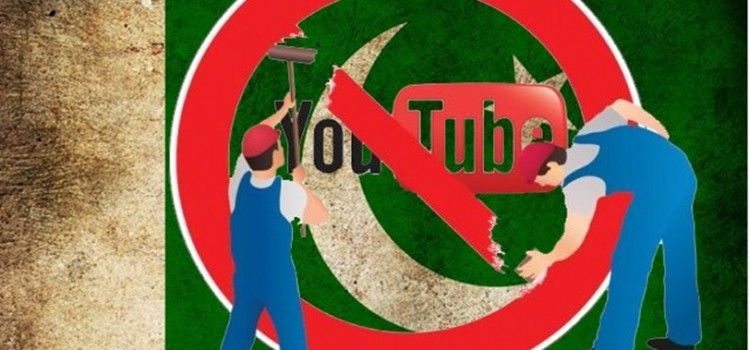
If Pakistan Telecommunication Authority or the Government of Pakistan is thinking that ban on YouTube is doing any good to the nation then they will have to think again.
Just to recall your memories, YouTube was banned in Pakistan on September 17th, 2012 when a blasphemous video had surfaced on the video sharing website.
Ban was primarily aimed at blocking the access of those blasphemous and anti-Islam videos in Pakistan as a result of a court order that had directed PTA to arrange the complete blockade of the blasphemous videos in Pakistan.
Since PTA couldn’t guarantee the cent percent blockade of all such blasphemous videos, the entire website was blocked and purpose was to make sure that no one is able to access YouTube in Pakistan.
We recently discussed that 4 to 5 percent of Pakistani internet users access YouTube directly (through means that we can’t disclose here), while others use proxies and VPNs.
The number of people who use proxy websites or VPN services to access YouTube is not known, simply because their originating IPs change (to foreign IPs) and its hard to track number of such users.
But the real deal breakers are those local video sharing websites that offer access to YouTube through API. These websites let their users to search, browse and watch YouTube videos without any trouble.
Have a look at below screen-grab of a leading local video sharing website:
When you enter the keywords, results are shown from YouTube — with-in the local website — as below:
You can play any video from here with convenience, as if you are on YouTube.
Those who aren’t familiar, YouTube offers APIs that enables you to offer the entire YouTube content on your website. Data, bandwidth, content and everything is hosted and managed by YouTube and your website simply offers the readers the YouTube content even when they are not on YouTube.
Google explains YouTube APIs as following:
YouTube APIs bring YouTube’s video content and functionality to your website, application, or device.
So technically speaking, through YouTube APIs, these local video sharing websites are bringing the entire YouTube in Pakistan, while the real YouTube is on a ban.
I leave it up to you to decide if YouTube ban is fulfilling the purpose or not. In any case, here are two options for the government:
It merits mentioning here that local video sharing websites claim that they have control over the content that is shown to their users. Meaning that, they can block videos that are blasphemous in nature. If so, why PTA can’t achieve it? When a low-budget web-master can guarantee the blockade of blasphemous videos, when government can’t?
These are few questions, that I want my readers to think. And then judge the intentions of our government, leaders and the law enforcers (PTA in this case).